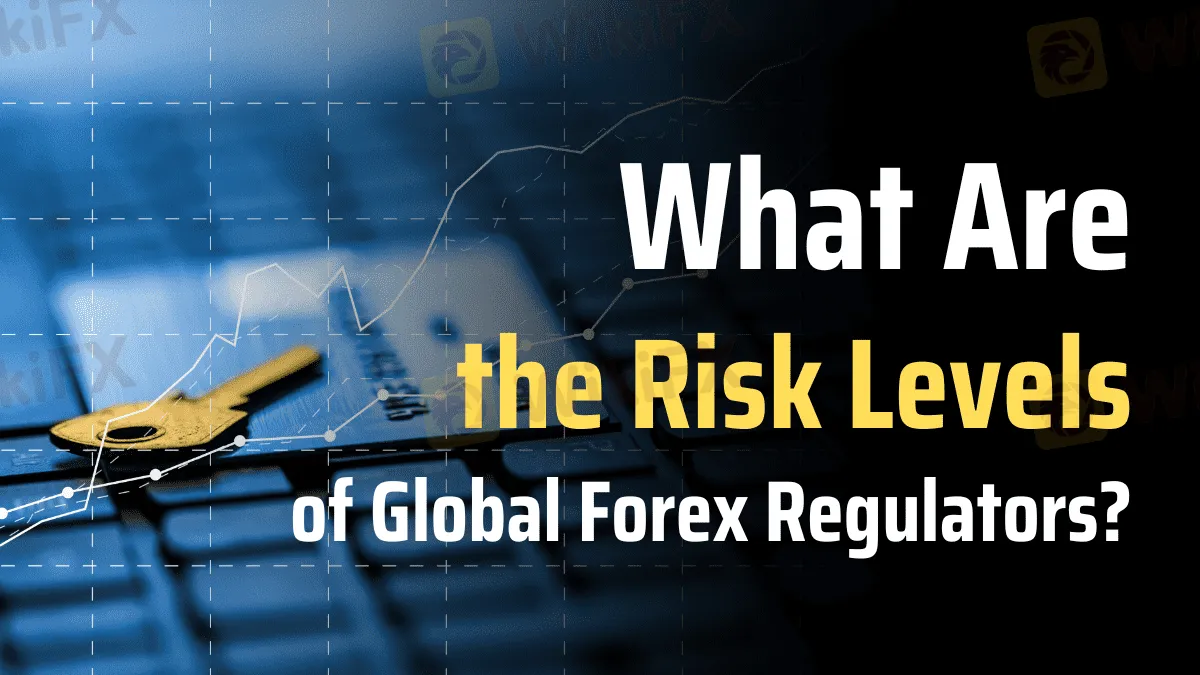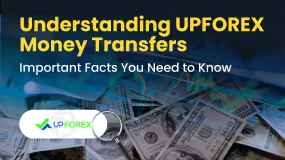Abstract:"Discover the risk levels of global forex regulators and make informed investment decisions. Learn about AAA to B-rated bodies and their impact on your security."

Online financial market investing carries a certain amount of risk even if it may be very profitable. Finding out how credible your selected brokers are is one of the most important things you can do to reduce these hazards. Financial markets run smoothly and morally, mostly because of regulatory agencies. Not every regulating body, however, provides the same degree of protection and supervision. The purpose of this essay is to educate potential investors on how to make wise judgments and the risk levels of international currency regulators.
AAA-Rated Regulatory Bodies: Low-Risk and High-Security
· Securities and Futures Commission of Hong Kong (SFC) The Securities and Futures Markets of Hong Kong are regulated by the SFC, an autonomous statutory organization founded in 1989. It tries to safeguard investors and maintain the integrity of the market and is mostly financed by transaction taxes and license fees.
· Australian Securities and Investments Commission (ASIC) Founded in 1998, ASIC is the corporate regulator for Australia. To defend creditors, investors, and consumers, it upholds and controls corporate and financial services legislation. Independent and vital to preserving market integrity is ASIC.
· Financial Services Agency (FSA) Japan Protecting investors and preserving economic stability, the FSA regulates financial services companies in Japan. Originally formed as an administrative entity, it was given further authority in 2001 to represent the Japanese Cabinet Office abroad.
· UK FCA, the Financial Conduct Authority Working independently of the UK Government, the FCA upholds market integrity and supervises financial companies offering services to consumers. It succeeded the Financial Services Authority in 2013 and is concerned with the behavior of both retail and wholesale financial services companies.
AA-Rated Regulatory Bodies: Reasonably Safe and Low-Risk
· National Commission for Societies and Borsa (CONSOB) Regulation of the Italian financial markets by CONSOB guarantees openness and protects the investing public. It monitors the conduct of market players and looks into insider trading and manipulation of the market.
· Russian Federation's central bank (Bank of Russia) Stability of the national currency is the responsibility of the autonomous Bank of Russia. It is a lender of last resort, licenses the banking sector in Russia, and supervises it.
· Cyprus Securities and Exchange Commission (CySEC) Transparency and equity are ensured in Cyprus' investment services market by CySEC. It regulates asset management and collective investment activities as well as transfers of securities.
· Federal Financial Supervisory Authority (BaFin) of Germany All financial markets in Germany are regulated by BaFin. Three different organizations were combined to form an integrated financial regulator when it was founded in 2002.

A-Rated Regulatory Bodies: Moderate Risk and Good Security
· Chinese Exchange Society of Gold and Silver (CGSE) Founded in 1910, CGSE is the lone exchange in Hong Kong that trades actual gold and silver. It offers services for transactions involving precious metals and runs on a membership-based basis.
· National Bank of the Republic of Belarus (NBRB) The interbank settlement mechanism is kept secure and effective by Belarus' national bank, NBRB. It came into being in its present form in 1990 after Belarus's Soviet Union independence declaration.
· Financial Sector Conduct Authority (FSCA) FSCA protects financial clients and advances market efficiency by regulating financial institutions in South Africa. Under its supervision are market infrastructures, retirement funds, banks, and insurers.
· Taipei Exchange (TPEx) TPEx, originally GTSM, promotes Taiwan's securities market, fostering economic growth and local firms. It wants to participate in international exchanges and increase market turnover.
B-Rated Regulatory Bodies: Higher Risk and Fair Security
· Philippine Securities and Exchange Commission, or PH SECThe PH SEC, created in 1936, oversees the business sector and capital market players in the Philippines. To safeguard the general investing public, it controls securities, exchanges, brokers, and dealers.
Awareness and Prudence
The diverse degrees of risk connected to various regulatory agencies must be known to investors. The financial markets run with honesty and openness because AAA and AA-rated regulatory agencies provide a better degree of security and reduced risk. On the other hand, regulatory agencies with ratings of A and B might be more dangerous because of laxer security and supervision.
Click here to get more thorough explanations of the regulatory bodies and to make well-informed choices. Choose brokers who are governed by highly regarded bodies to safeguard your money and reduce hazards in the erratic financial industry.











